-
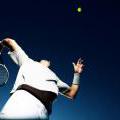
What are the probabilities of winning at tennis? This challenging activity is designed to be accessible to students of A-Level Maths (Key Stage 5).
-
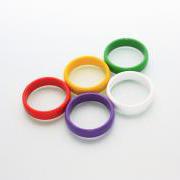
How would you write a LOGO program to approximately reproduce the Olympic Rings logo? This activity is designed to be accessible to students at all levels of secondary maths (Key Stages 3, 4 and 5).
-
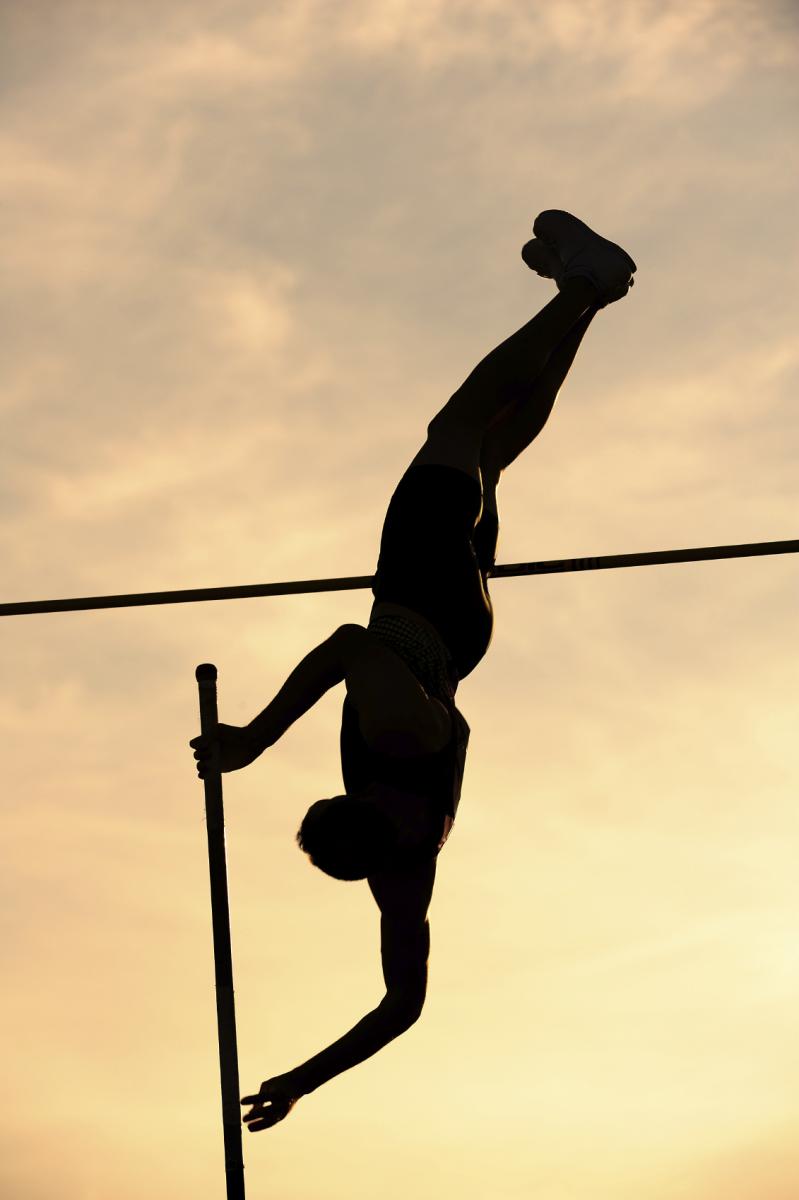
This activity investigates the mechanics of the pole vaulting event, and is designed to be accessible to A-level maths students (Key Stage 5).
-

Could the altitude of the city hosting the Olympic and Paralympic Games have an effect on performance in the long jump? This challenging activity encourages mathematical reflection, investigation and discussion as students explore how weight and g varies around the world. It is aimed at students of A-Level maths (Key Stage 5).
-
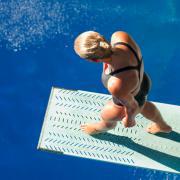
These project ideas explore moment of inertia and its consequences in a number of different sports including diving, gymnastics and cycling, and encourage investigation, experiment and discussion. This activity is aimed at higher level GCSE and A Level students (Key Stages 4 and 5).
-
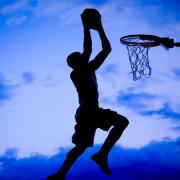
Team games like football, hockey, basketball, handball and wheelchair rugby are played on pitches or courts of different sizes with different numbers of players. The density of players on the pitch plays a significant role in determining the nature of the game and how fast players need to react. This investigative activity challenges students to research information about a number of sports and to engage in mathematical modelling, and is aimed at higher level GCSE and A Level students (Key Stage 4 and 5).
-
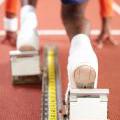
This activity suggests a number of investigative projects, focusing on athletics and swimming, exploring some of the trends between performances in different sports at the same time in history and in the rate of improvement of records over time. These project ideas provide opportunities for mathematical modelling and for handling, processing and analysing data, and are aimed at GCSE and A Level students (Key Stages 4 and 5).
-
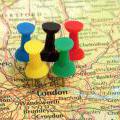
In the 2008 Beijing Olympics the UK finished 4th in the total medal count. How might we do in 2012, and does the country hosting the Olympics have an edge?
-

As London is heading for the 2012 Olympics, it's not just athletes who are gearing up for action. Engineers, too, are working hard to produce the cutting-edge sporting equipment that guarantees record performances. If you're a tennis player, your most important piece of equipment is your racket. Over recent decades new materials have made tennis rackets ever bigger, lighter and more powerful. So what kind of science goes into designing new rackets?
These activities are based on maths normally encountered while studying at A-level in the UK (ages 16 to 18). KS5 students may also enjoy our articles.

